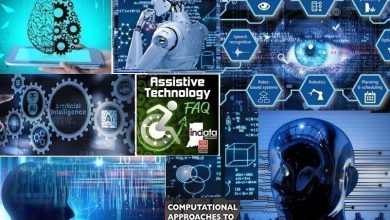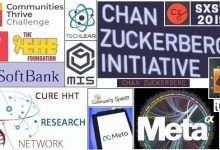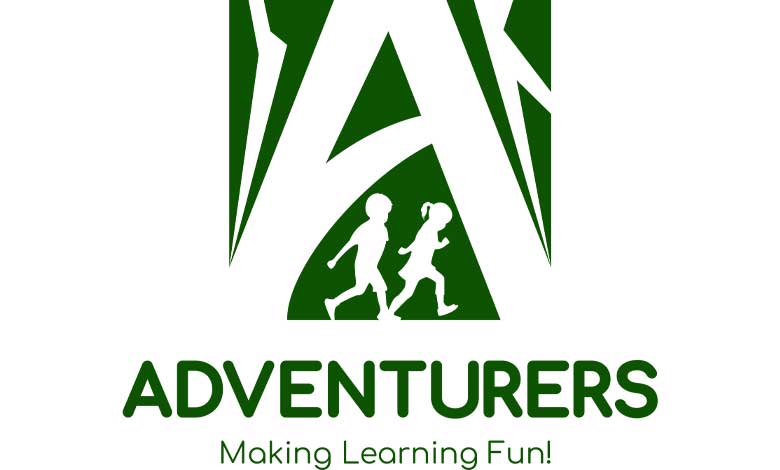
A significant change in the practices of most industries is the availability of data. Using data driven insights to guide practices has influenced sectors and businesses across the globe. Education is no different. Like most sectors, education is adjusting to how best to collect and use data to improve student outcomes.
“Ultimately, the future generation of leaders – the ones that are currently going through our early education system, will be the global citizens of tomorrow. They will help solve our most pressing problems. It is therefore key that they are prepared for the future that they will help create.” Adventurers Education cofounder Matthew Gillet has said.
At Adventurers, we provide early education services to children from 6 weeks to 6 years of age. This means that we want all our children to be ready to thrive in a school environment.

Research has shown that brains are ‘built from the ground up’. This means, that unlike organs such as the heart or lungs, that function from birth in much the same way that they will for the rest of a person’s life, the brain is different. The brain’s development depends on what it encounters, particularly in those valuable early years.
Language – and conversation with children – is like fertiliser for the brain. Growing brains need ‘language nutrition’ in order to help them grow, so that they can reach their potential.
Early talk is one of the most significant factors that influence school readiness. However, how do we know if we’re talking enough?
The amount we talk is different to, estimating the temperature outside, where we can naturally estimate how warm or cold it is. We have difficult estimating how much we talk. The talk equation is further complicated by the fact that that adults overestimate how much they talk. This is where technology can provide useful feedback.
The LENA foundation has developed small wearable technology – known as talk pedometers – that measure different metrics related to talk with children.
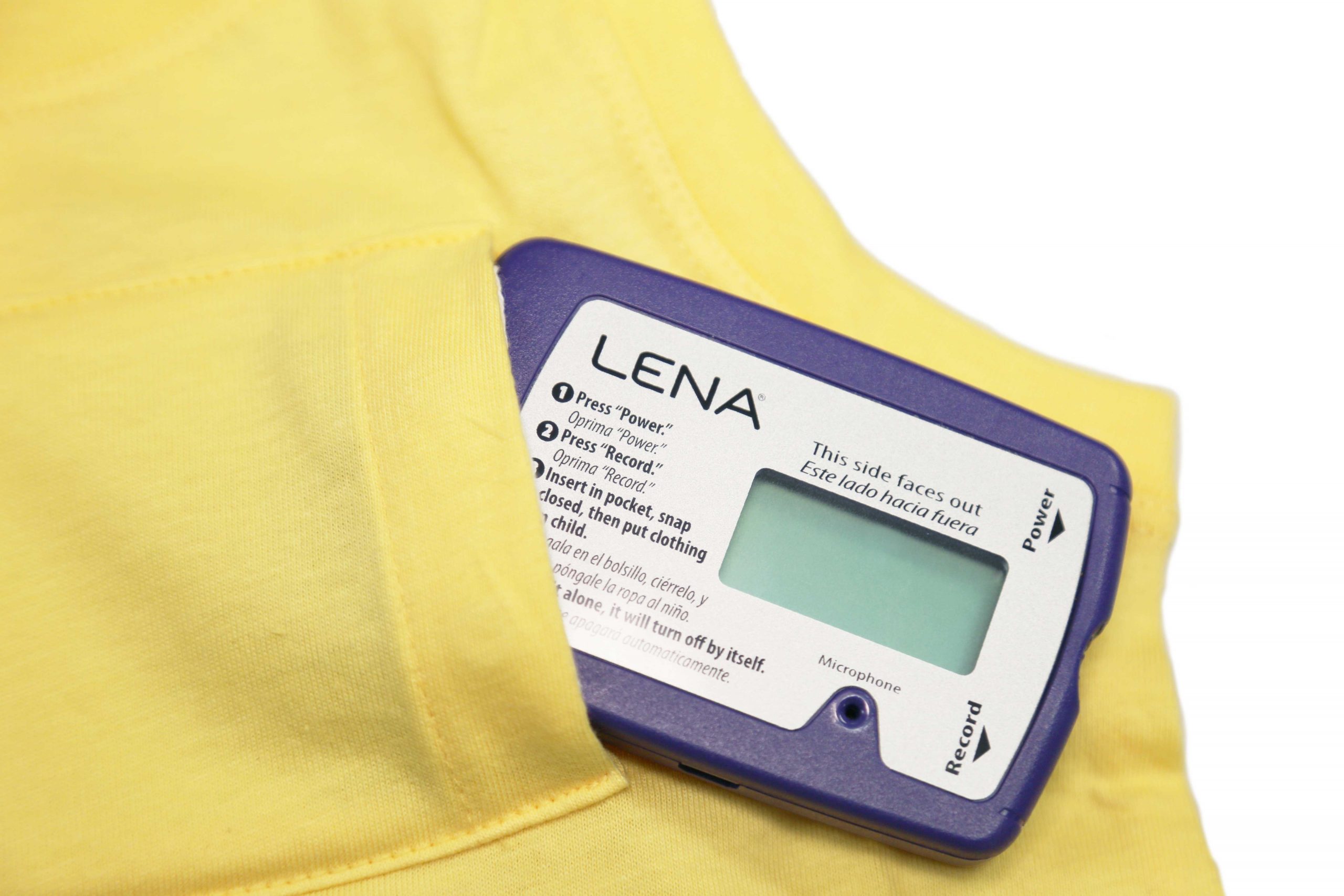
On ‘LENA days’ each child in a classroom will wear a child-safe recorder, which records audio information for that day. The data will then be processed in LENA’s secure, cloud-based software to provide key information about the language environment. This lots of different data, including how many adult words were used, how many child vocalisations there were, the level of background noise, and how many back and forth interactions there were between adults and children.
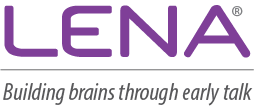 LENA has different coaching programs that work with families at home, as well as early education teachers that are interacting with children. These provide a framework for using the data to improve key metrics. There’s no point having cutting edge technology if you can’t then use those insights in order to change practices.
LENA has different coaching programs that work with families at home, as well as early education teachers that are interacting with children. These provide a framework for using the data to improve key metrics. There’s no point having cutting edge technology if you can’t then use those insights in order to change practices.
LENA is used in over 200 sites around the world, with Adventurers being the only early childhood service in Australia to use the technology to coach staff. “Using LENA’s technology provides actionable data that has helped our teachers become more aware of the importance of language in their classroom, and helps them to provide a language rich environment that will ensure their children are ready for school” Adventurers cofounder Matthew Gillet said.
Learn more about LENA or Adventurers Education by clicking the links.



